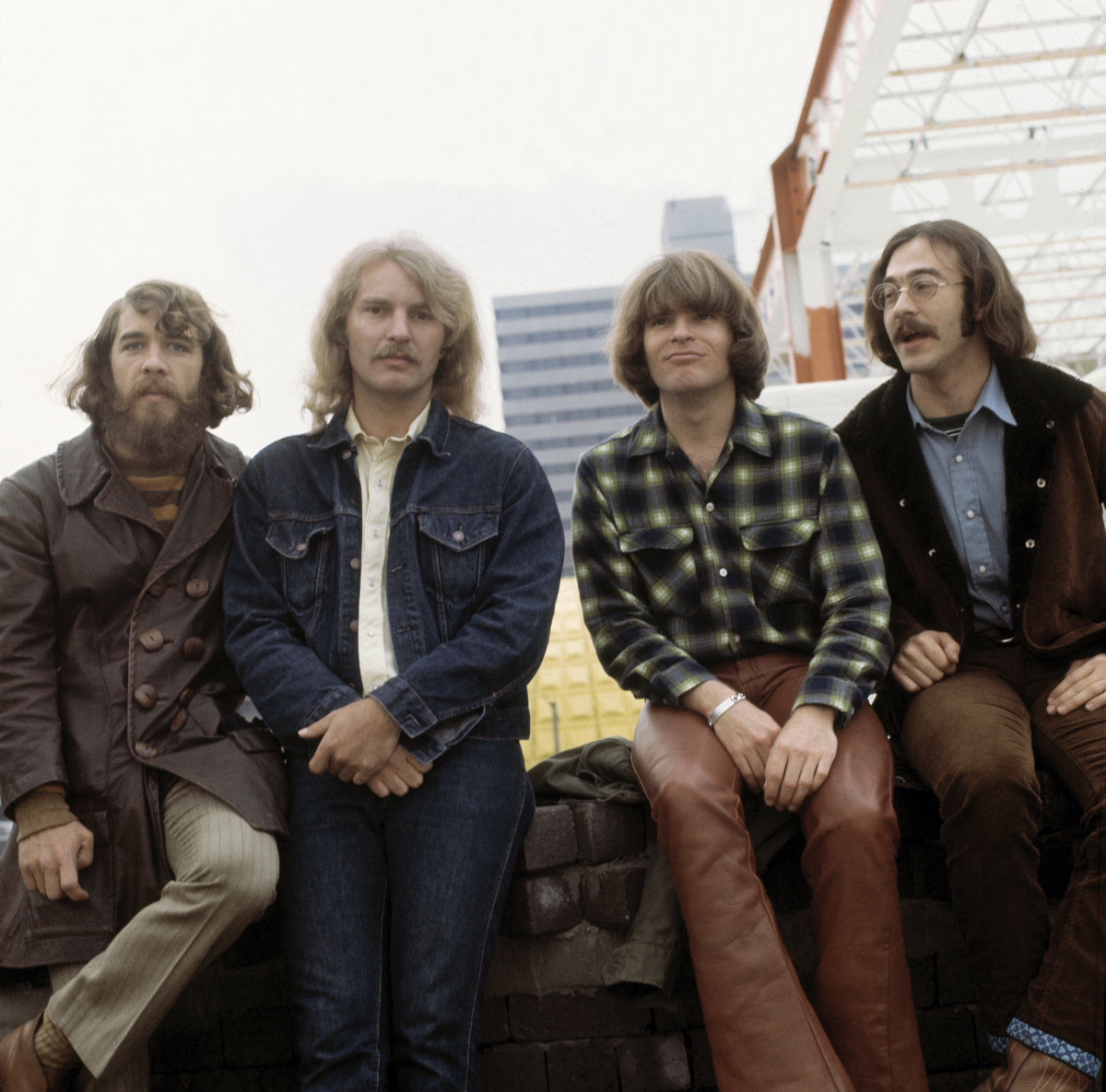
“Don’t Look Now (It Ain’t You or Me)” is CCR’s sharpest little sermon—two minutes of rockabilly swing that turns the mirror back on all of us, then walks away before we can dodge the question.
Key facts first: “Don’t Look Now (It Ain’t You or Me)” was written (and produced) by John Fogerty and released on Creedence Clearwater Revival’s album Willy and the Poor Boys (released October 29, 1969, on Fantasy Records). It runs about 2:11, and it sits on the album’s Side B, track 2—immediately after “Fortunate Son.”
That placement is the first clue to its purpose. Coming right after “Fortunate Son,” a song that points outward—at privilege, at class, at who gets sent and who gets spared—“Don’t Look Now” pivots the accusation inward. It’s as if Fogerty is saying: Yes, the system is rigged. Now tell me what you’re actually willing to do about it. The track feels like a quick turn of the head, a sudden hand on the shoulder—warm enough to be human, firm enough to sting.
Musically, it wears a rockabilly coat, almost jaunty—bright rhythm, tight backbeat, that CCR discipline where nothing is wasted and every bar has a job. And that’s part of the song’s sly power: it doesn’t sound like a lecture. It sounds like motion. It invites your foot to tap even while the lyric quietly removes your excuses one by one. Fogerty understood that sometimes the best way to smuggle truth into a listener’s chest is to keep the groove moving—because the body opens the door before the mind has time to bolt it.
The lyric’s central trick is its blunt, almost conversational refrain: “it ain’t you or me.” The words feel casual, even funny—until you realize they are naming a kind of moral laziness. The song asks who grows the food, sews the clothes, does the “real crap” that keeps civilization upright—and then turns its eyes on the very people who like to talk the loudest about change. Fogerty didn’t hide what he meant. In a Rolling Stone-era quote often linked to the song’s intent, he mocked the fashionable righteousness of his own generation—everyone “so ethnic” and self-styled, but unwilling to do the dirty, necessary work (he singles out the humble example of who’s going to be the garbage collector?).
Critics heard the blade under the bounce. Robert Christgau famously praised how the song can “encapsulate the class system” in barely over two minutes, and later writers have pointed out the quiet menace in Fogerty’s delivery—how he can sound almost like he’s whispering the crucial lines, making the indictment feel personal rather than theatrical.
And yet, for all its bite, “Don’t Look Now” isn’t cynical. It doesn’t sneer at working people; it defends them. It doesn’t romanticize the “common man” in a postcard way; it simply insists that dignity belongs to the people who keep the lights on—literally and metaphorically. Even CCR drummer Doug Clifford later spoke about the song as a kind of slap-in-the-face truth: easy to criticize, harder to roll up your sleeves and actually help fix what’s broken.
It’s also telling that “Don’t Look Now (It Ain’t You or Me)” wasn’t pushed as a single. It’s an album track—a deep cut with a working-class spine—hidden in a record that already carried huge cultural weight through “Down on the Corner” / “Fortunate Son” and the weary glow of “Effigy.” In a way, that makes it feel even more honest: not a slogan for radio, but a message left inside the album for those who listened past the obvious doors.
Live, the song became something rarer still: a brief flare. It’s often noted as appearing in CCR’s Oakland January 31, 1970 performance (later released on the live album The Concert), a reminder that the band could deliver this moral gut-punch in the same breath as their hits—no grand speech needed, just a song that did the scolding for them.
In the end, “Don’t Look Now (It Ain’t You or Me)” endures because it refuses to let righteousness stay comfortable. It’s a little rock ’n’ roll engine that runs on a dangerous fuel: accountability. It doesn’t say, “Look at what they did.” It says, softly but clearly: look at what we won’t do. And once that thought lands, the song’s cheerful swagger starts to feel like something else entirely—a grin that knows the truth, and keeps playing anyway.